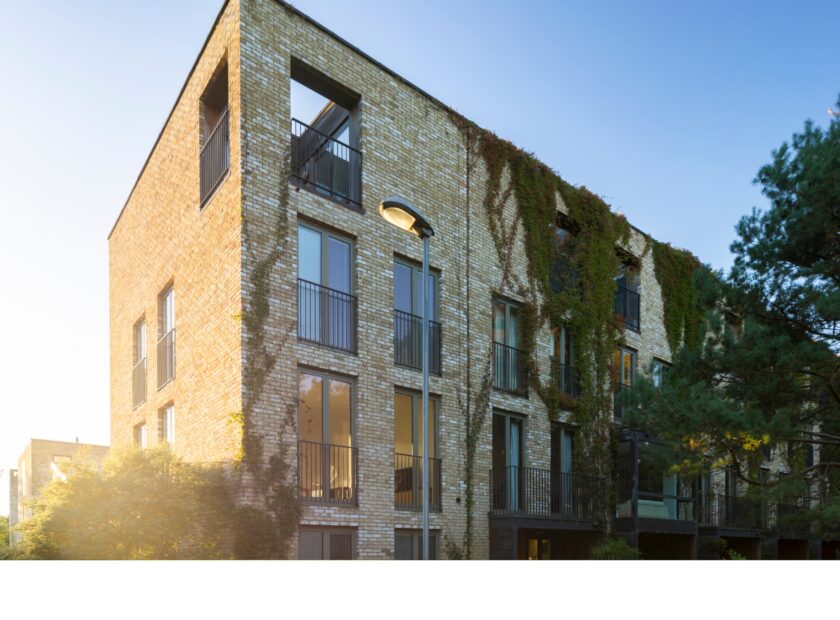We are still waiting for the full details of the planning reform package so this is just a quick reaction to what we know from yesterday’s Queen’s Speech in relation to planning reform.
As expected, a Levelling Up and Regeneration Bill was included in the speech and the legislation will ‘drive local growth, empowering local leaders to regenerate their areas, and ensuring everyone can share in the United Kingdom’s success. The planning system will be reformed to give residents more involvement in local development’.
This seems to be official confirmation that the Planning White Paper’s ambition for an entirely new planning system is dead. The emphasis on community involvement is welcome and I hope it indicates that we will see some serious measures to rebuild public trust. The lobby pack gives some details on the planning-related components of Bill which go along side the County deals devolution agenda. It says that the package of planning reforms will support levelling up by:
- Improving the planning system to give communities a louder voice, making sure developments are beautiful, green and accompanied by new infrastructure and affordable housing.
- Improving outcomes for our natural environment by introducing a new approach to environmental assessment in our planning system.
- Capturing more of the financial value created by development with a locally set, non-negotiable levy to deliver the infrastructure that communities need, such as housing, schools, GPs and new roads.
- Simplifying and standardising the process for local plans so that they are produced more quickly and are easier for communities to influence.
- Giving residents more of a say over changing street names and ensuring everyone can continue to benefit from al fresco dining.
- Strengthening neighbourhood planning and digitalising the system to make local plans easier to find, understand and engage with; by making it easier for local authorities to get local plans in place, we will limit speculative development.
What does this all mean? I’m tempted to say that almost all of the answer to that question depends on the details of Bill but the general tone seems to be about a more modest change. It also appears that there is nothing in those bullet points that hasn’t already been announced.
So, an initial quick response to those points would be:
- Giving communities a ‘louder’ voice has to be meaningful and go well beyond the very limited impact of ‘Street Votes’ The way the media is describing that measure is a long way from the original idea but the TCPA is pushing for much more significant community rights over all planning decisions and not simply domestic extensions.
- Promoting good design is important but there has been no clear indication yet as to whether design codes will be given some statutory status
- The long-trailed scrapping of Environmental Impact Assessment is repeated but we have no sense yet of what will replace it and whether, therefore, this will have any positive benefits to people and the environment
- The national Infrastructure Levy is included and while it is positive that more financial value created by development should be captured, many detailed technical questions about the proposed new levy remain
- Standardising local plans is the key change to local planning but there are very big questions about whether standardisation will result in more centralised control and what will be left to local discretion
- There is a repeated commitment to digitising planning, which is welcome, and to strengthening neighbourhood plans, which is perhaps the most intriguing part of the statement. Such plans are already part of the statutory development plan so it will be interesting to see what strengthening means.
It is difficult to draw too many conclusions at this early stage and I look forward to reading the detail that must underpin the headlines. But it is interesting that while net zero was mentioned in the Queen’s Speech a number of times, there is no reference to climate change in relation to planning. There is also no mention of a wide range of key issues including strategic planning, new communities, resources for the planning service, or the many other good ideas thrown in to the levelling up debate like community led homes or local food growing.
The planning system does need reform and the TCPA wants to work with the Government to make sure we get these important reforms right. The risk is that we end with what the Raynsford Review described as incremental ‘tinkering’ leaving a non-strategic and chronically under resourced system to face the climate, housing, and cost of living crisis.
About the author: Dr Hugh Ellis is the TCPA’s Director of Policy.




